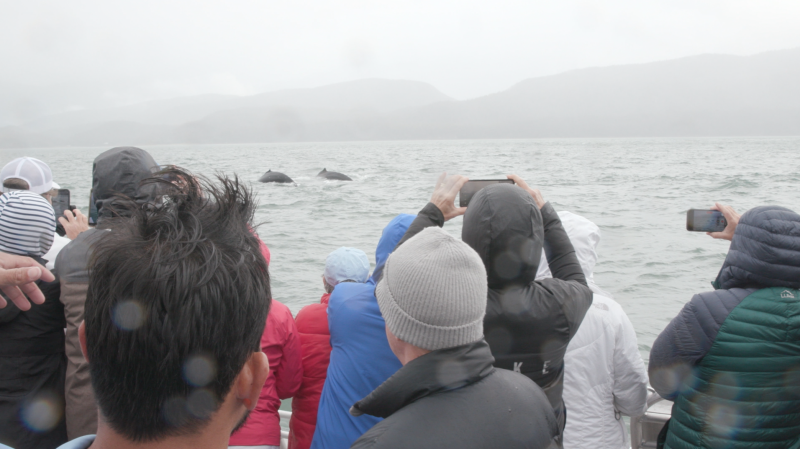Watching whales in their natural habitat is an incredible experience. A good whale watch is one where the passengers get an opportunity to see whales in their natural environment, and where the boats don't harm or disturb the animals and don't change their behavior. You can choose a Whale SENSE participating company to ensure that they are following best practices to safely operate around whales:
- Stick to the regional guidelines whale watching guidelines
- Educate passengers and crews
- Notify officials of whales in trouble
- Set an example for other boaters
- Encourage ocean stewardship
Hundreds of thousands of passengers embark on whale watching trips from Whale SENSE companies every year. The program recognizes commercial whale watching companies that agree to educate their passengers and commit to ocean stewardship by following regional guidelines and regulations, training all naturalists and captains, and being evaluated annually. These companies are given a suite of information and a wealth of training so their staff have the best possible information.

